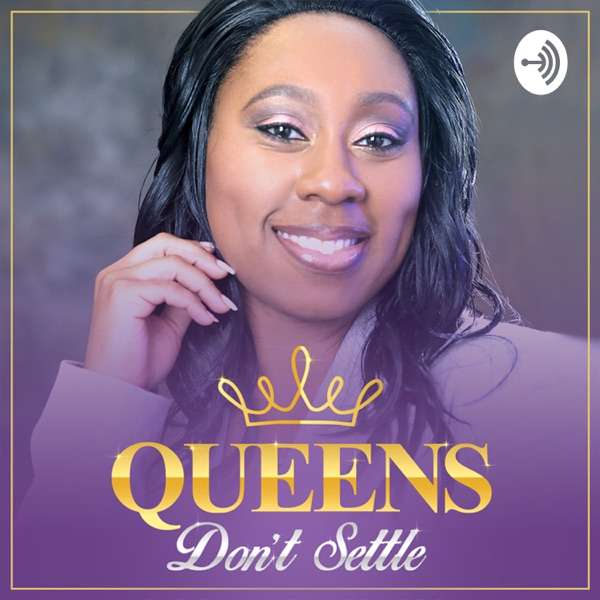Consent is so relative to the culture in which you’re interacting. I almost perceive it as the most important kind of etiquette a culture practices; however how a culture practices consent can look wildly different one to the next.
In my opinion, there’s no long linear string of evolution of concepts from touching and grunting through to highly intellectual discussion and negotiation. Instead there are clouds or pillars of vetting consent. Just because some of that vetting or certainty or support for consent is missing doesn’t mean you don’t have consent; however, Western society has such litigious and indemnity focused ideas that when non consent has happened, we are often asked what we did to prevent the outcome or mitigate damage if it arose.
So we have yes means yes consent and also no means no consent, two separate philosophies that can exist independent of each other or superimposed.
More interestingly, those philosophies really struggle to spread when people have direct proof they aren’t always right.
If at a frat party, two people have sex with each other and walk away after sobering up with a handshake or possibly an “oh - you’re still here?” kind of question, many might look down on those consent practices feeling consent while drunk isn’t consent or sex without negotiation isn’t informed, et cetera, et cetera.
Now I can’t know the inner experience of those two people. It’s not for me to try to convince someone else they’ve been assaulted. Trying to change someone’s inner experience verges on gaslighting territory in my opinion. So ultimately I have to take it on faith that when someone describes their inner state, they’re either being truthful or they don’t want to engage in discussion about it. So if they want to talk, I have to trust they’re giving me reasonably honest accounts of their feelings.
So if someone says they consented, it’s not for me to correct them.
We can say certain practices more often produce subjective experiences of nonconsent. Absolutely we can. However if we want to communicate better consent practices to help people avoid unintentionally giving others subjective experiences of nonconsent - even if they can indemnify themselves against punitive or legal consequences somehow, we need to stop talking in absolutes.
In my opinion, we need to start more honestly giving people the nuance they need to navigate this stuff. Sure, we need to communicate to our audiences on the level they’re at - sure. However we want to believe university students learning physics, math, computer science, literature - that these fine minds of tomorrow can’t understand subjective experiences and better consent practices?
The biggest objection I run into with educating university students is an attention span argument: you have got to distill what you’re saying so a drunken frat boy will remember it at a party a week from tonight. Credit to Reid Mihalko for that excellent litmus test.
I think a nuanced framework is necessary. I suggest something like my VOICES Consent Framework which you can find at intimate victor dot com forward slash consent. I love teaching it. I also encourage you to teach it. Reach out to me for permission. If you aren’t charging for the education, I’m not charging you to teach it.
Get in touch if you want to collaborate on teaching better consent.
And now, let’s hear Court Vox share his advice on getting consent on hook-up apps here on Intimate Interactions.

 Our TOPPODCAST Picks
Our TOPPODCAST Picks  Stay Connected
Stay Connected







